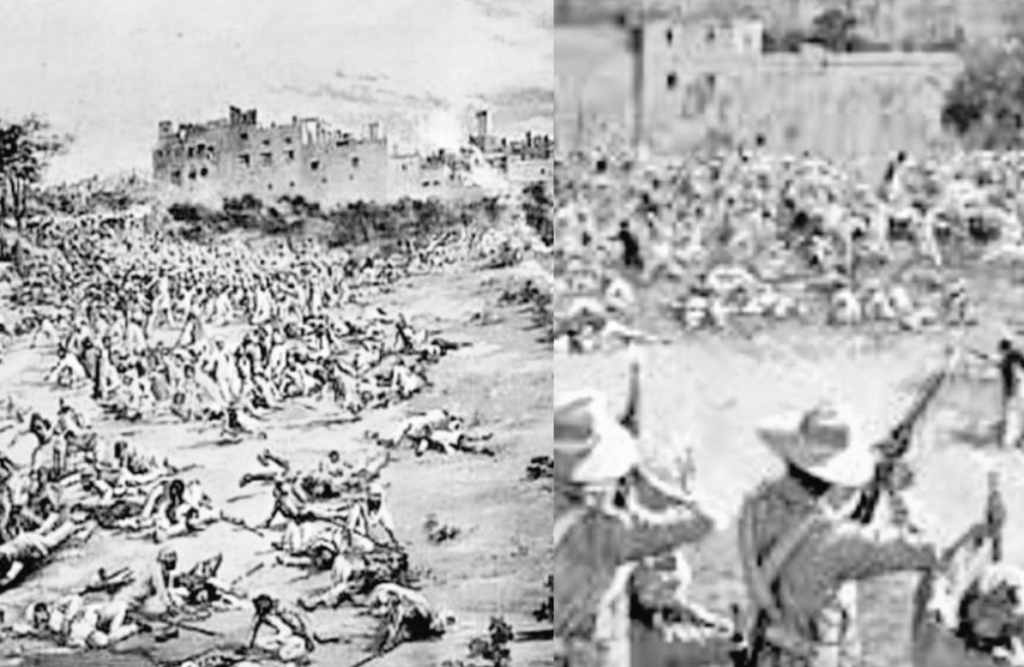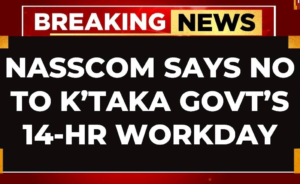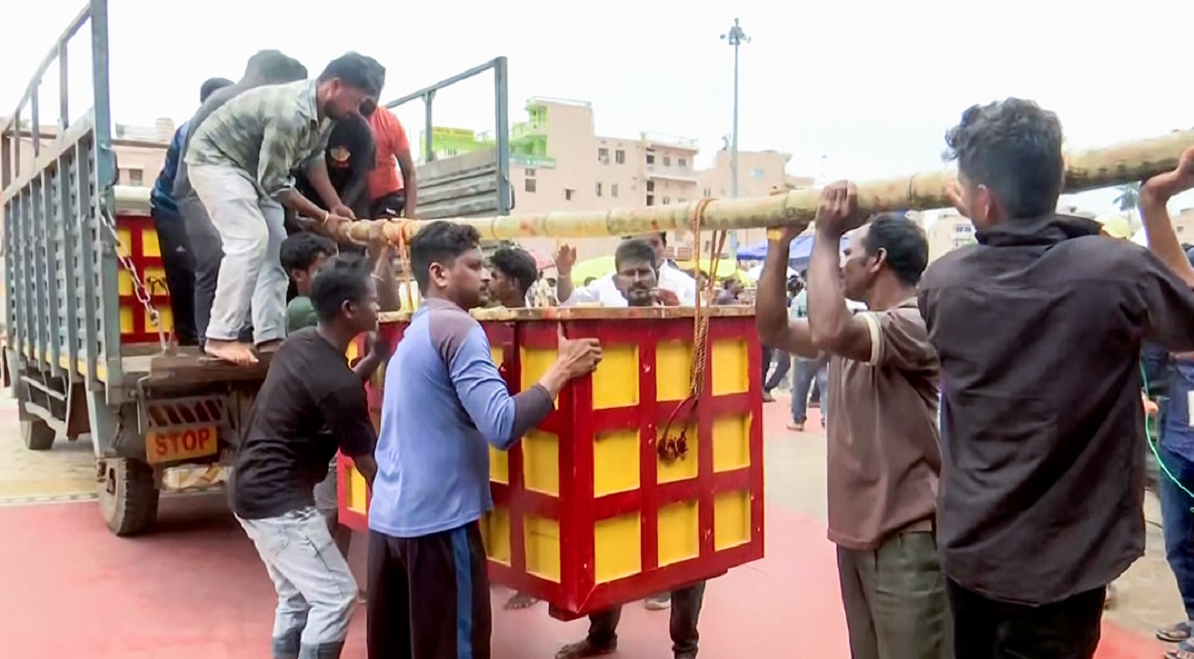The Jallianwala Bagh massacre of 1919 remains etched in history as one of the darkest chapters of British colonial rule in India. Now, recent research sheds light on how the British government’s compensation policies further compounded the tragedy.
Jallianwala Bagh Massacre: A Brutal Act of Violence
On April 13, 1919, thousands of Indians gathered at Jallianwala Bagh in Amritsar to celebrate Baisakhi and voice their opposition to the infamous Rowlatt Act, which curtailed civil liberties. Colonel Reginald Edward Harry Dyer, a British officer, ordered his troops to open fire on the unarmed crowd. In less than 10 minutes, over 1,600 bullets were fired, leaving hundreds dead or injured. Dyer’s remorseless actions shocked the world and led to widespread condemnation.
Compensation: A Controversial Chapter
The aftermath of the massacre saw the British government grapple with compensating the victims’ families. Recently digitized records reveal that approximately Rs 22 lakh (equivalent to millions today) was paid in compensation. However, the process was far from equitable.
Income-Based Compensation
The British Jallianwala Bagh Committee, specially appointed to assess compensation, factored in the victims’ income and status. Shockingly, this approach reflected racial bias. The compensation amounts varied significantly based on the victims’ economic backgrounds.
Debates and Disparities
Official correspondence from that time reveals heated debates among British officers regarding compensation. Some officers opposed liberal payouts, while others advocated for fair compensation. The result was a system where the families of the deceased received vastly different sums, depending on their social standing.
A Century Later: Unearthing the Truth
As we mark the centenary of this tragic event, it is essential to recognize the systemic racism embedded in the compensation process. The British government’s discriminatory approach perpetuated inequality and added insult to injury for the victims and their families.
Remembering Jallianwala Bagh
The Jallianwala Bagh massacre continues to haunt our collective memory. It serves as a stark reminder of the brutality of colonial rule and the need for justice and reconciliation. Let us honor the victims by acknowledging their suffering and working towards a more just and equal world.





































